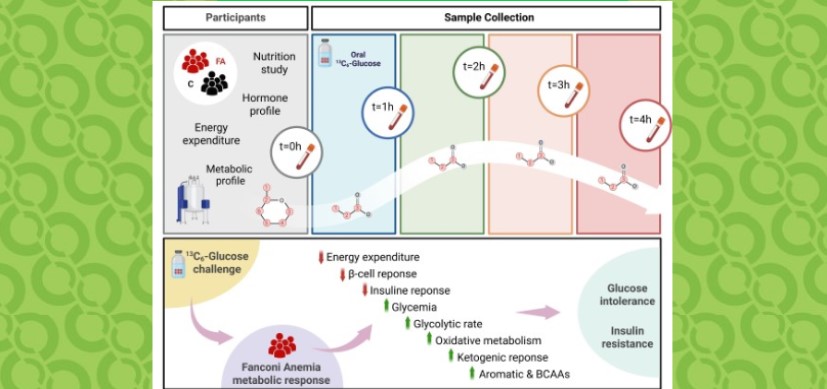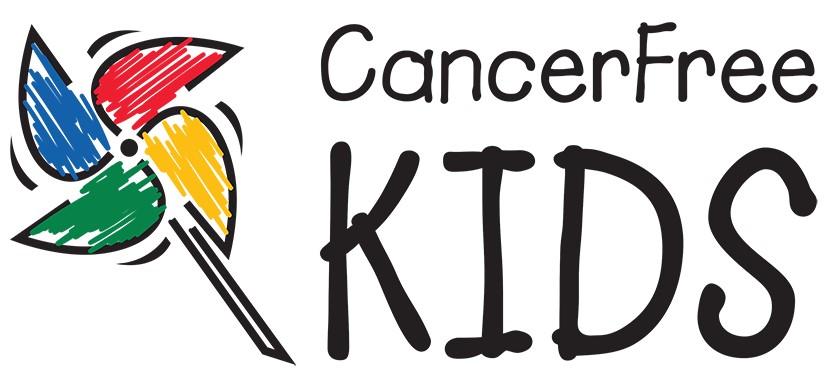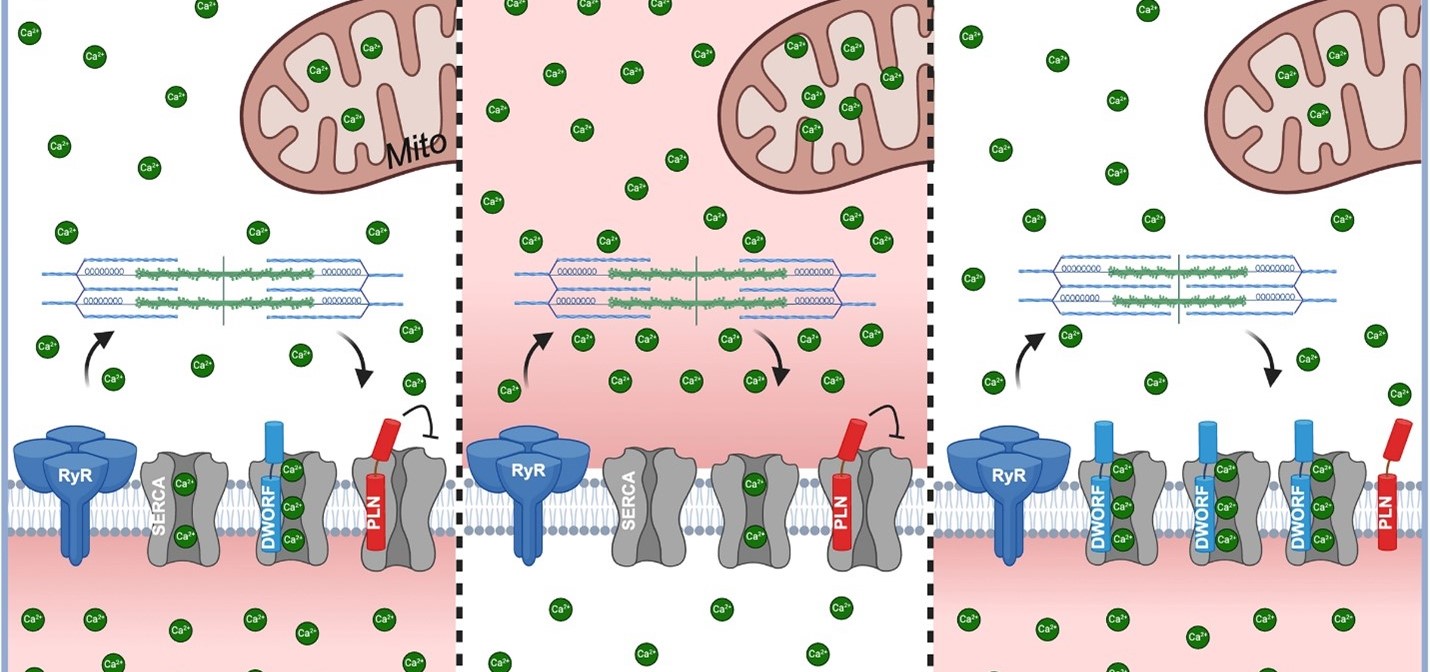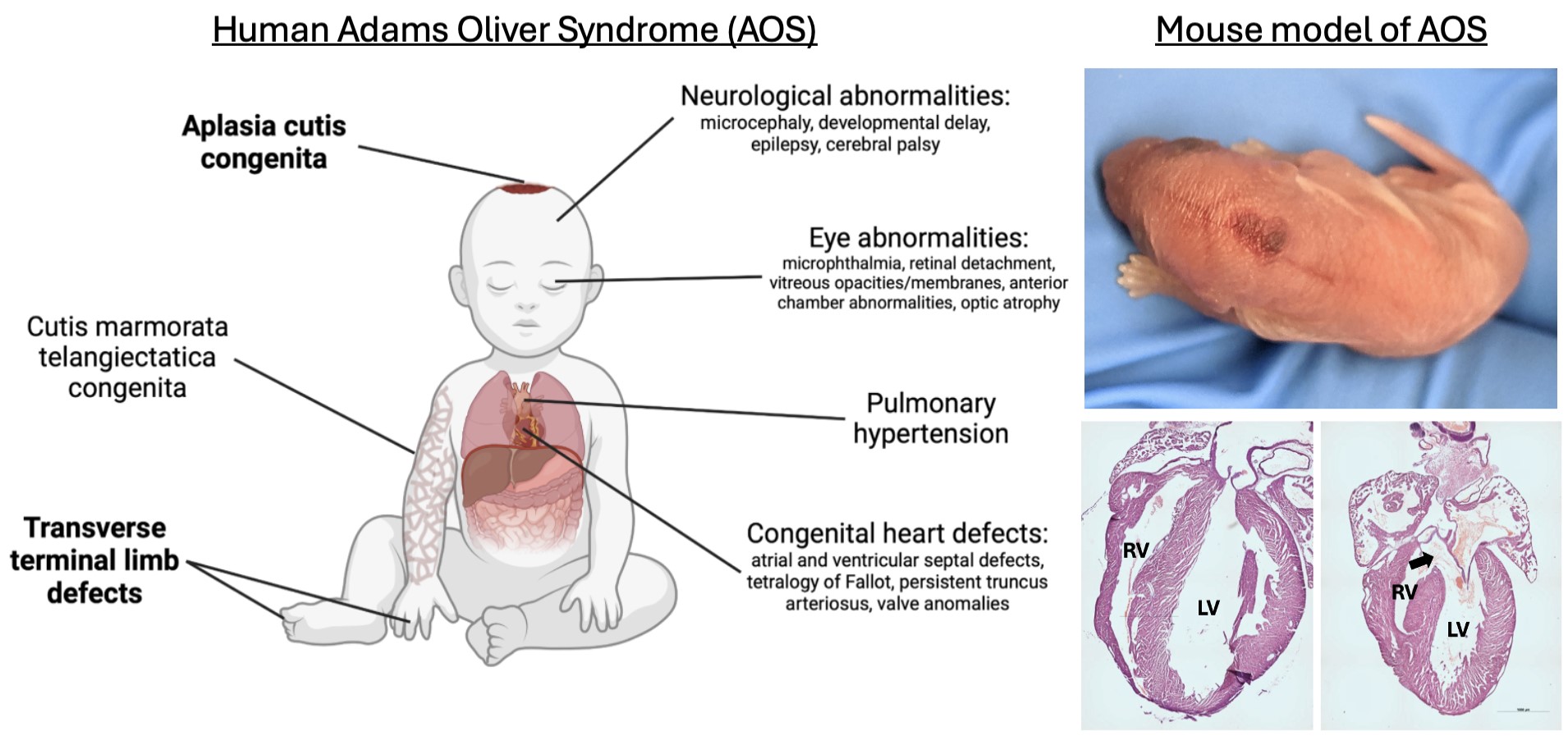First Gene Therapy Trial for Telomere Biology Disorders Shows Promising Results
Research By: Kasiani Myers, MD
Post Date: February 25, 2025 | Publish Date: Feb. 25, 2025

The Baltimore-based biotech company Elixirgen Therapeutics, Inc., has reported positive results from the first two patients to receive the company’s novel treatment for telomere biology disorders.
According to findings published Feb. 25, 2025, in NEJM Evidence, the patients experienced successful sustained telomere elongation from a treatment called EXG-34217. Also, no treatment-related safety concerns were observed over a 24-month and a 5-month period, respectively.
What are telomere biology disorders?
Telomere biology disorders (TBDs) include several rare genetic conditions that affect a combined one in 1 million people in the U.S. (or approximately 340 of the 340.1 million people across the country.)
These conditions are characterized by cells with very short telomeres–the protective end caps of chromosomes that generally shorten with age. As telomeres wear down, or begin unusually short from birth, cells lose their ability to divide properly, which can lead to DNA damage and certain forms of cancer.
One example of a TBD is dyskeratosis congenita, which can lead to bone marrow failure by interfering with the ability of hematopoietic stem cells (HSCs) to produce blood cells.
Clinical trial overseen at Cincinnati Children’s
Kasiani Myers, MD, a member of the Division of Bone Marrow Transplantation and Immune Deficiency at Cincinnati Children’s, serves as principal investigator for the ongoing clinical trial.
“The data published today in NEJM Evidence demonstrates sustained telomere elongation in blood cells in patients with TBDs without toxicity, an outcome that has not been achieved by other treatments for those with this disorder,” Myers stated in a media release. “In addition, EXG-34217 administration did not require a preconditioning regimen or immunosuppression typically required for other treatment regimens, which is critical in this radiation- and chemotherapy-sensitive population.”
In addition to Myers, Cincinnati Children’s co-authors on the newly published study included Stella Davies, MBBS, PhD, Carolyn Lutzko, PhD, Robin Wahle, MS, and David Grier, MD.
Read the full announcement from Elixirgen Therapeutics
Enrollment is open for participants with bone marrow failure aged 12 and older, regardless of gender or ethnicity. More information about the Phase 1/2 clinical trial can be found at NCT04211714.
Don’t Miss a Post:
- Subscribe to the Research Horizons Newsletter
- Follow Cincinnati Children’s Research Foundation on Bluesky: @cincyresearch
| Original title: | Clinical Use of ZSCAN4 For Telomere Elongation in Hematopoietic Stem Cells |
| Published in: | NEJM Evidence |
| Publish date: | Feb. 25, 2025 |
Research By

My research interests focus on translational and clinical studies in leukemogenesis and bone marrow failure related to Shwachman Diamond syndrome and dyskeratosis congenita.






